TL17TBIOM
Latest

Vivo beats Apple to an under-display fingerprint scanner
There have been rumours of Apple exploring under-display fingerprint scanning technology, but you probably didn't expect the first of such demos to come from China. At MWC Shanghai, Qualcomm announced its latest ultrasonic fingerprint solution, with the new highlights being its integration underneath OLED displays (up to 1.2mm-thick), as well as working fine even when the device is immersed in water. As before, this tech can tolerate dirt and sweat on skin better than its capacitive counterpart, and it also works underneath metal and glass (duh) but with increased penetration -- up to 800um for glass and up to 650um for aluminum, as opposed to the old 400um for either material.

A biometric ring could replace your passwords, cards and keys
Smart rings aren't a novel idea: There are plenty of fitness tracking, notification-sending, payment or even protective finger ornaments around. But none have the ability to identify you and authorize your transactions wherever you go. That is, until Token hits the market. It's a biometric ring that can be used to open house doors, start cars, make credit card transactions and sign in to your computer. That all sounds nifty in theory, but without any real cooperation from the third parties that enable those authorizations, Token is all but useless. The good news is that its makers managed to get support from an impressive list of partners including MasterCard, Microsoft, Visa and HID.

TSA begins testing fingerprint check-ins at two US airports
It's never a nice experience to stand in line at the airport for hours just to get a pat down when you get to the end. Hopefully, TSA's new biometric fingerprint tech could make air travel a more pleasant experience for most people. Starting this week, the Transportation Security Administration's fingerprint sensors will go through proof-of-concept testing at Hartsfield–Jackson Atlanta International Airport and at Denver International Airport. The test will last for four weeks, and you can try it out for yourself if you registered your fingerprint as part of TSA's PreCheck program.
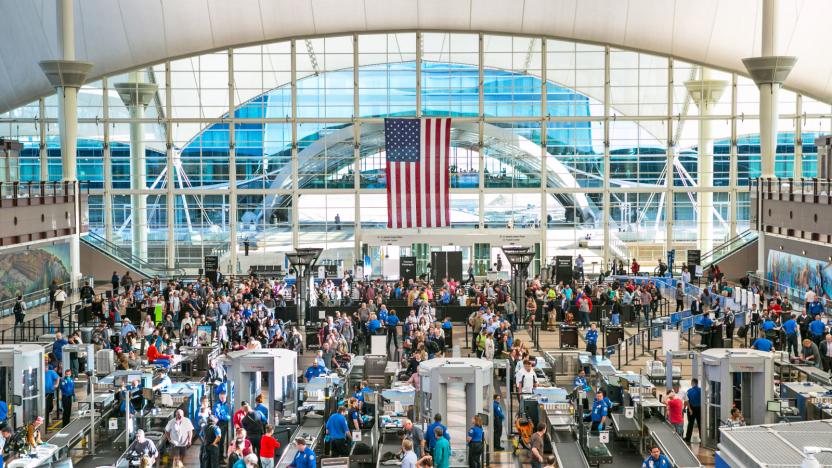
Airports may use face recognition to screen US citizens (update: more info)
Right now, the US is trotting out an airport security plan revolving around facial recognition. It's supposed to automatically register visitors to the US when they leave, and signal when they come back. However, Customs and Border Protection now wants to expand the effort to include virtually every situation where you normally need an ID -- and that could include scanning US citizens. The agency's John Wagner has floated the possibility that face recognition could also be used to scan all arrivals, TSA checkpoints and lounge access, including citizens. CBP hasn't committed to a firm plan, but it tells The Verge it wants to "open the dialogue" to people outside its walls.
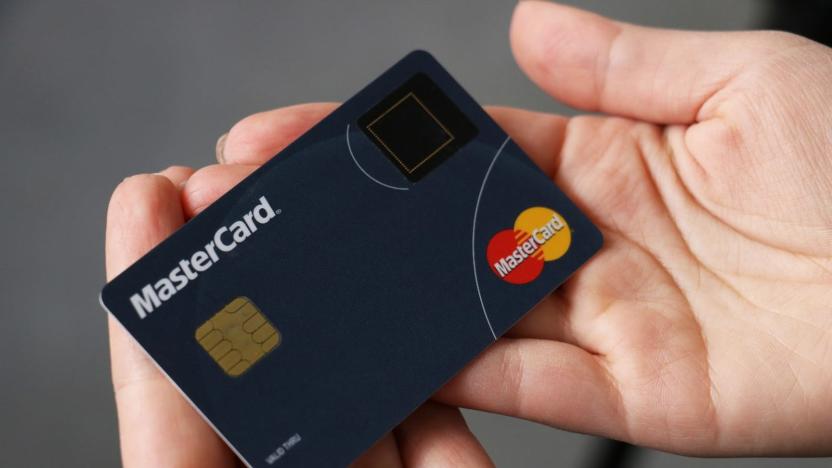
Mastercard adds fingerprint sensors to payment cards
Our fingerprints are quickly replacing PINs and passwords as our primary means of unlocking our phones, doors and safes. They're convenient, unique, and ultimately more secure than easily guessed or forged passwords and signatures. So it makes sense that fingerprint sensors are coming to protect our credit and debit cards. Mastercard is testing out new fingerprint sensor-enabled payment cards that, combined with the onboard chips, offer a new, convenient way to authorize your in-person transactions. Instead of signing a paper receipt or entering your PIN while struggling to cover up the number pad, you simply place your thumb on your card to prove your identity.
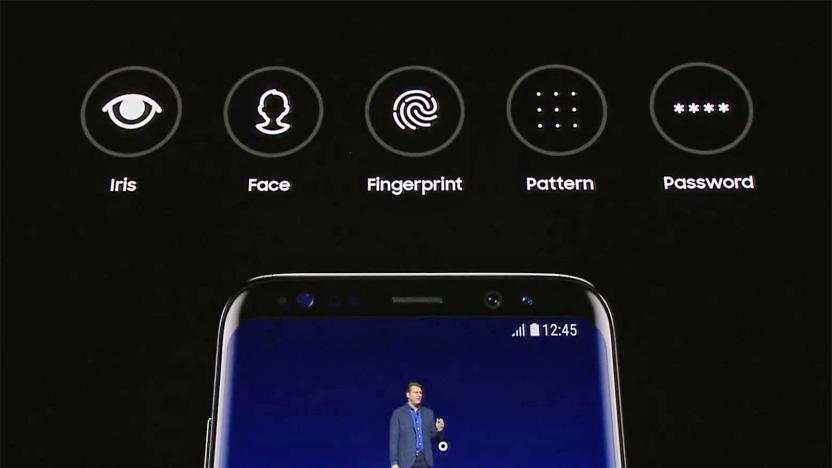
Samsung's Galaxy S8 can sign into websites using your face
The Galaxy S8's face and fingerprint detection are about more than unlocking your phone: If Samsung has its way, you'll use them to sign into seemingly everything online. The company is expanding its Samsung Pass feature to use biometrics to sign into not only a wider array of financial services but also shopping (as rumored) and other websites. Yes, you could start shopping just by staring at your phone for a while. And if you're health conscious, the S8 might save you a trip to the clinic.
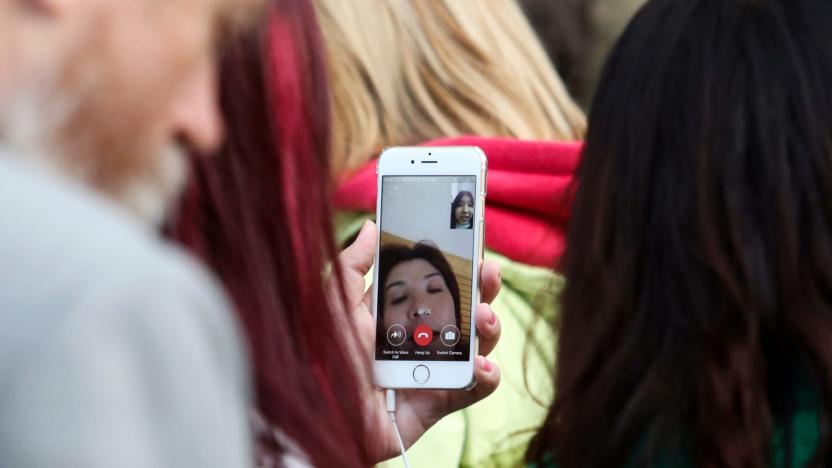
Apple reportedly buys an AI-based face recognition startup
Those rumors of Apple exploring facial recognition for sign-ins might just have some merit. Calcalist reports that Apple has acquired RealFace, an Israeli startup that developed deep learning-based face authentication technology. The terms of the deal aren't public, but it's estimated at "several million dollars." Cupertino would mainly be interested in the promise of the technology than pure resources, in other words.
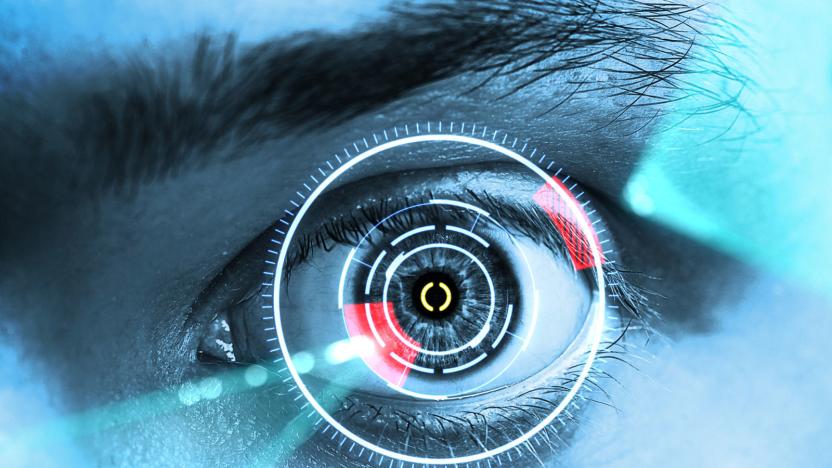
Our fingerprints, eyes and faces will replace passwords
Passwords are a pain in the ass. They're either easy to crack or hard to remember, and when breaches occur you have to come up with a whole new one. So people are trying to do away with passwords altogether, and so far, fingerprint scanners are doing the job nicely.
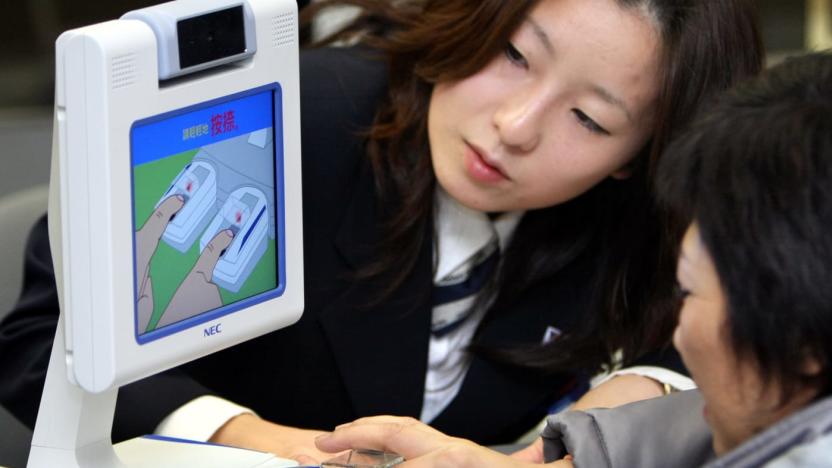
Japan wants tourists to pay using only their fingerprints
The next time you travel to Japan, you might not have to stock up on yen (or bring your credit card) to go shopping. As of the summer, the country's government is testing a system that will let you use two fingerprints to make purchases at key tourist locations, such as hotels and restaurants. You'd only have to register your fingerprints at the airport to start shopping, and you wouldn't even have to worry about showing your passport when checking into your lodgings, like you do today. Only 300 locations in a handful of areas (Atami, Hakone, Kamakura and Yugawara) will participate at first, but it should keep expanding to the point where it's available nationwide in 2020 -- conveniently, right when Tokyo is hosting the Summer Olympics.



